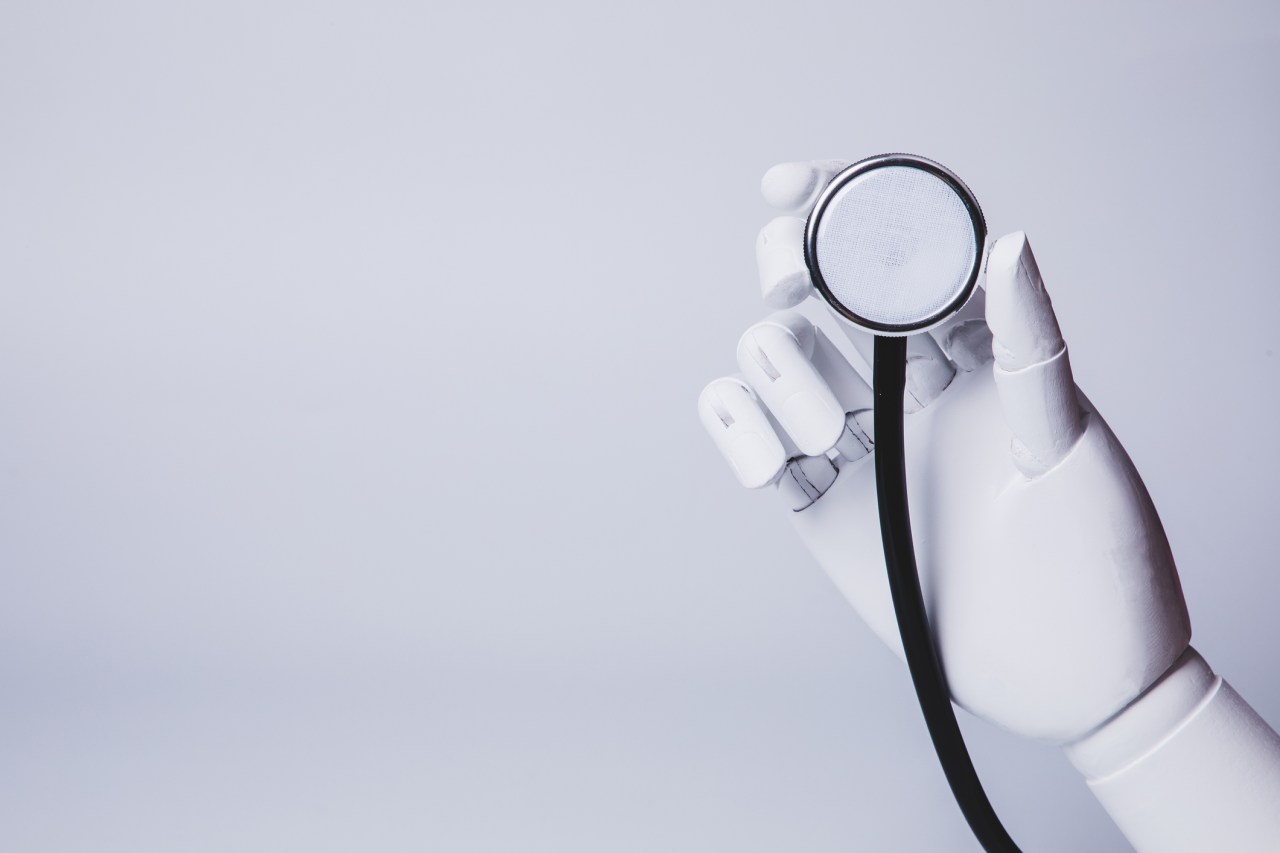The past few years have fundamentally shifted our perception of healthcare, especially following the global pandemic. We’ve come face-to-face with the reality of our healthcare systems—a patchwork of outdated processes versus the potential of technological innovation. As we stand at the crossroads of this revolution, one thing is clear: artificial intelligence (AI) lies at the heart of the future of healthcare. This blog will explore the various dimensions of AI application in healthcare, showcasing its impact on diagnostics, treatment, drug discovery, and the ethical considerations that accompany this swift evolution.
AI: A New Paradigm for Diagnostics
The promise of AI in diagnostics is nothing short of revolutionary. By harnessing vast amounts of data, AI can absorb and analyze billions of patient cases, offering diagnostic insights that often surpass those of traditional physicians. For instance, advancements in AI technology have shown that systems trained on extensive datasets have already outperformed human specialists in diagnosing critical conditions such as brain tumors and various forms of cancer.
- Increased Accuracy: As datasets grow, AI can refine its algorithms to recognize patterns that may go unnoticed by humans.
- Personalized Medicine: AI systems can tailor treatment recommendations based on individual patient data, enhancing the effectiveness of interventions.
Transforming Patient Care through Smart Technologies
The integration of AI extends beyond mere diagnostics. The emergence of smart infrastructures, including health-monitoring gadgets, is set to redefine patient care. Imagine a world where minimalistic health sensors embedded in beds, toothbrushes, and even bathrooms collect vital sign data continuously. These devices could autonomously alert healthcare providers about severe health issues, from sudden heart abnormalities to infectious disease outbreaks.
- Health Monitoring: Smart devices can provide real-time health data, ensuring timely medical responses.
- Predictive Analytics: AI has the potential to utilize aggregated data to forecast future health risks, thus prompting preventative measures before conditions worsen.
Revolutionizing Drug Discovery
Traditional drug development is a costly, time-intensive process, often averaging billions of dollars and several years before a drug reaches fruition. AI is changing this narrative. By analyzing biological data and identifying patterns, AI can significantly streamline the drug discovery process. The biotechnology firm Insilico Medicine recently demonstrated this capability by creating a drug for idiopathic pulmonary fibrosis, saving 90% in potential drug discovery costs.
The Robotic Surgeons of Tomorrow
The role of robotics in healthcare is on an upward trajectory, with an increasing number of surgical procedures being assisted by robots. From improving precision in surgeries to performing routine tasks under the supervision of human surgeons, robotics is enhancing the efficiency and accuracy of medical interventions. Over the next few decades, we could witness fully autonomous surgical robots performing complex procedures, offering impeccable precision that minimizes human error.
Ethical Considerations: Accountability and Trust
As exciting as this AI-driven healthcare future appears, it doesn’t come without ethical concerns. The fact that decisions as critical as health diagnoses could be made by non-human entities raises a myriad of questions regarding accountability. If an AI algorithm leads to a misdiagnosis or a failed treatment, determining liability could be complex. Is it the programming team, the manufacturer, or the healthcare institution that bears responsibility? These unanswered questions serve as a reminder that as we integrate innovative technologies, we must also develop a robust ethical framework to ensure patient safety and trust in these systems.
The Road Ahead: Continuous Innovation
The healthcare sector is witnessing a seismic shift driven by AI technology. This is merely the beginning, as many organizations are set to invest aggressively in AI capabilities. A report suggests that the AI healthcare market is predicted to experience exponential growth, expected to reach $13 billion by 2025. As we navigate this landscape, it’s essential to ensure that we balance the potential of innovative technologies with the ethical considerations of implementing them.
At fxis.ai, we believe that such advancements are crucial for the future of AI, as they enable more comprehensive and effective solutions. Our team is continually exploring new methodologies to push the envelope in artificial intelligence, ensuring that our clients benefit from the latest technological innovations.
Conclusion
The integration of AI into healthcare is set to create a transformative era where personalized treatment, precise diagnostics, and streamlined drug discovery become the norm. While the technology presents exceptional potential for improving lives, we must collectively address the ethical questions posed by such profound changes in our healthcare system. Together, we can embrace this AI revolution with informed optimism and a strong commitment to patient care.
For more insights, updates, or to collaborate on AI development projects, stay connected with fxis.ai.

